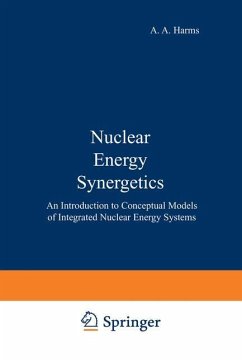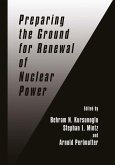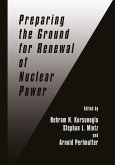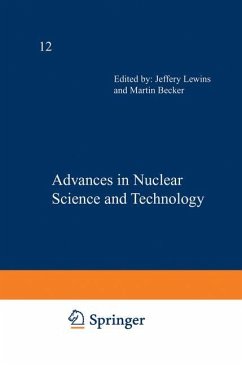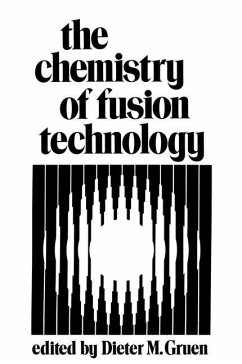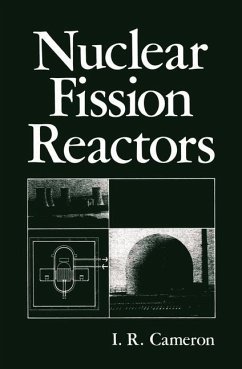This book is intended as an introductory exposition of those nuclear energy systems concepts which are characterized by an integrated utiliz ation of complementary nuclear processes. Basic to such systems is the notion of synergism, which herein implies the cooperative interaction of selected nuclear reactions and system components so as to provide overall advantages not possible otherwise. While the concept of nuclear energy synergism has in recent years become the focus of an increasing number of conferences, scientific papers, and institutional in-house reports, no text which encompasses the major topics of the subject at a conceptual and analytical level has appeared. It is our aim to present a systematic characterization of these emerging nuclear energy concepts suitable for the senior university student of nuclear science and engineering as well for the active pro fessional involved in nuclear energy systems planning and analysis. In addressing the subject of nuclear energysynergism we have become most conscious of the tension between realism and vision in nuclear energy technology. As developed here, our perception of nuclear energy synergism is firmly rooted in the present and then seeks to proceed toward a heightened degree of compatibility and efficacy based on an enhanced integration of relevant nuclear processes. It is our view that such conceptual considerations must assume a greater role in the emerging techological orientation of nuclear energy systems planning.

